May 2021 Newsletter
The 2020-2019 Nebraska Social Studies Year in Review
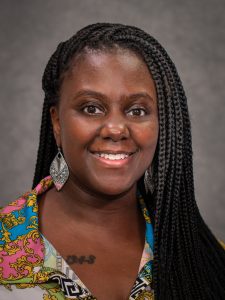 Summer break is soon approaching and I just wanted to take this opportunity to share my heartfelt thanks to each and every one of you for your continued diligence, hard work, and dedication to Nebraska students. I know that this year has been a challenge, and yet you all persevered, all while implementing new standards, instructional shifts, and possibly instructional resources and materials. Also, as my first year as the Social Studies Education Specialist with the Nebraska Department of Education comes to a close, I would like to thank you all for welcoming me into your professional lives through monthly newsletters, professional development, phone call conversations, and emails. In partnership with school administration, district leaders, and ESU Teaching and Learning professionals, we are working hard to meet the needs of social studies educators in the coming 2021-2022 school year. It has been my absolute pleasure to
Summer break is soon approaching and I just wanted to take this opportunity to share my heartfelt thanks to each and every one of you for your continued diligence, hard work, and dedication to Nebraska students. I know that this year has been a challenge, and yet you all persevered, all while implementing new standards, instructional shifts, and possibly instructional resources and materials. Also, as my first year as the Social Studies Education Specialist with the Nebraska Department of Education comes to a close, I would like to thank you all for welcoming me into your professional lives through monthly newsletters, professional development, phone call conversations, and emails. In partnership with school administration, district leaders, and ESU Teaching and Learning professionals, we are working hard to meet the needs of social studies educators in the coming 2021-2022 school year. It has been my absolute pleasure to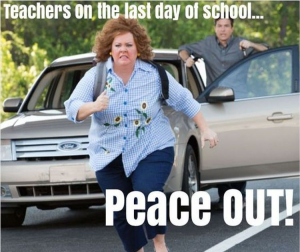 serve you this school year and I look forward to continuing to be a steward of social studies education in Nebraska and ensuring that our students across the state receive nothing less than the best!
serve you this school year and I look forward to continuing to be a steward of social studies education in Nebraska and ensuring that our students across the state receive nothing less than the best!
The monthly newsletter will pause while you all are resting, relaxing, and enjoying your summer vacation. They will start again beginning in August. I hope the information contained within this and the previous newsletters have been helpful. With that being said, there is A LOT of information below for you to digest. If for any reason you need to contact me, you can do so by emailing me at: ebony.mckiver@nebraska.gov or calling/texting at: (531) 207-9043.
All my best, wishing you and yours the best summer vacation ever!
-Ebony
The Nebraska Teachers of Psychology in Secondary Schools (NebTOPSS) Psychology Conference
Information from Planning Committee:
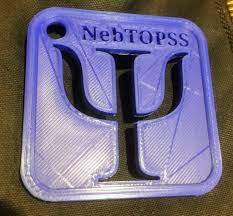 NebTOPSS’s mission is to provide professional development opportunities for high school social studies teachers. Participating in these professional development opportunities allows you the opportunity to network with other high school psychology teachers, learn from collegiate psychology professors and other psychology professionals, as well as obtain new resources for your psychology classroom. With that mission in mind our third annual NebTOPSS conference will be on June 3, 2021 from 9:00-3:00. Our focus this year is the social perspective. The conference will be held at the Don Clifton Professional Learning Center, but there will also be a virtual option available to participants this year. During the conference you will have the opportunity to listen to Dr. Cynthia Willis-Esqueda discuss techniques for conducting stereotyping, prejudice, and racism research. You will also participate in demonstrations concerning the social perspective that you could then take back to your classroom. Plus breakfast and lunch will be provided.
NebTOPSS’s mission is to provide professional development opportunities for high school social studies teachers. Participating in these professional development opportunities allows you the opportunity to network with other high school psychology teachers, learn from collegiate psychology professors and other psychology professionals, as well as obtain new resources for your psychology classroom. With that mission in mind our third annual NebTOPSS conference will be on June 3, 2021 from 9:00-3:00. Our focus this year is the social perspective. The conference will be held at the Don Clifton Professional Learning Center, but there will also be a virtual option available to participants this year. During the conference you will have the opportunity to listen to Dr. Cynthia Willis-Esqueda discuss techniques for conducting stereotyping, prejudice, and racism research. You will also participate in demonstrations concerning the social perspective that you could then take back to your classroom. Plus breakfast and lunch will be provided.
If you are ready to register use the link below to get started!
https://forms.gle/MC9BKWHf5EnprwK19
9/11 Memorial and Museum: Anniversary in the Schools Webinar
From the 9/11 Memorial and Museum website:
Join students and teachers from around the world to commemorate the 20th anniversary of 9/11 by registering for the 9/11 Memorial & Museum’s free Anniversary in the Schools program.
2021 Speakers
Carlton Shelley II, a West Point graduate who was a student in the elementary school where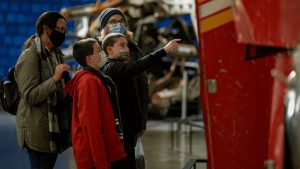 President George W. Bush was told about the 9/11 attacks.
President George W. Bush was told about the 9/11 attacks.
Bill Spade, a retired FDNY firefighter who responded to the World Trade Center on 9/11, and his son, John Spade, a graduate of the 9/11 Museum Ambassador program and Museum volunteer.
Will Jimeno, a retired Port Authority police officer who was rescued from the debris pile hours after surviving the collapse of the Twin Towers.
Brielle Saracini and Cait Leavey, who both lost their fathers on 9/11 and became lifelong friends while volunteering with an organization dedicated to supporting those who lost loved ones on September 11.
The program will be available on-demand beginning Friday, September 10, 2021. On that day, Education staff will answer student questions through an exclusive live chat. Teaching guides will be available in advance of the program.
Register for the Anniversary in the Schools webinar today.
For more information, contact the Education Programs Staff at anniversaryintheschools@911memorial.org.
The webinar will be interpreted in American Sign Language and captioned. An audio description and Spanish subtitles will also be available.
The webinar is made possible thanks to generous support from the New York Life Foundation.
Lincoln Speaks Symposium
From the Gilder Lehrman website:
Dates: August 1–6, 2021
Location: Abraham Lincoln Presidential Library and Museum, Springfield, IL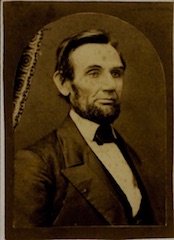
Participants: K–12 teachers from Illinois, Indiana, and Nebraska
Application Deadline: May 15, 2021
In partnership with the Abraham Lincoln Presidential Library and Museum
The Lincoln Speaks Symposium will allow up to 25 K–12 teachers from Illinois, Indiana, or Nebraska to participate in a weeklong professional development event on-site at the Abraham Lincoln Presidential Library and Museum. The symposium will focus on Lincoln’s intellectual, moral, psychological, and political evolution. Participants will have the chance to explore Lincoln’s life and writings in his hometown of Springfield, Illinois.
ELIGIBILITY
K–12 educators teaching in Illinois, Indiana, or Nebraska are welcome to apply to the Lincoln Speaks Symposium. Teachers must be enrolled in the Gilder Lehrman Institute’s free Affiliate School Program to complete their application.
APPLICATION INFORMATION
Interested K–12 teachers in Illinois, Indiana, or Nebraska must complete an application to be considered. Applications will be reviewed by Gilder Lehrman and Abraham Lincoln Presidential Library and Museum staff.
The deadline to submit an application is May 15, 2021. Selected teachers will be notified by June 15, 2021.
Wrapping Up the School Year with an Econ Focus
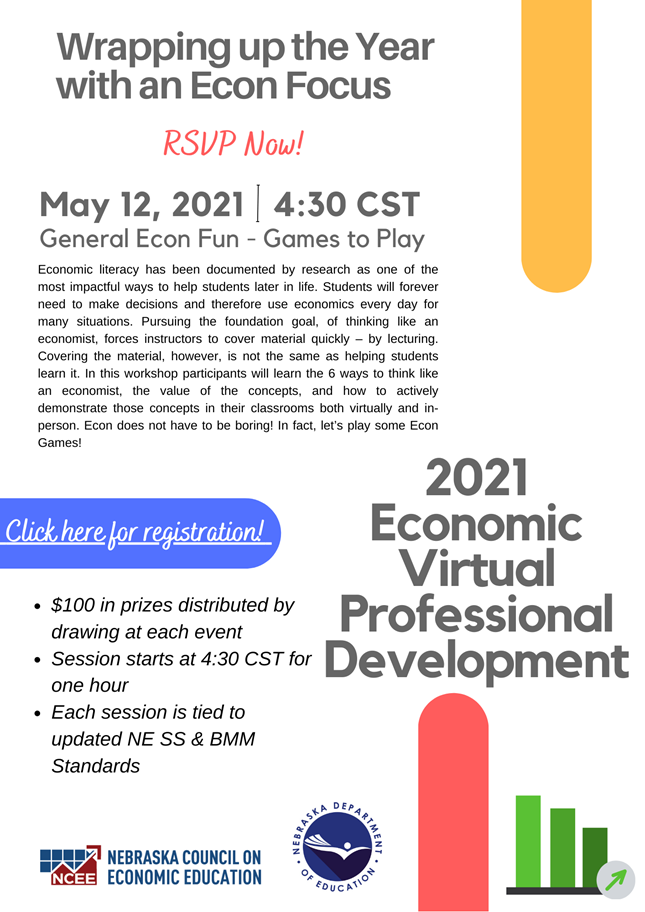
Free Interactive Nebraska Redistricting Lesson from LWV-NE
 Attention: American Government Teachers and Curriculum Specialists
Attention: American Government Teachers and Curriculum Specialists
The League of Women Voters of Nebraska with the support of Common Cause of Nebraska has developed a 60-90-minute lesson plan on Redistricting 2021 with a focus on Nebraska. It addresses the Nebraska civic education curriculum standard:
SS HS.1.1. Analyze the foundation, structures, and functions of state government and its outcomes. For example: bicameral/unicameral, reapportionment/redistricting, branches of government, judiciary process, penal system
Meant to Represent: Putting Our Vote on the Map, an interactive presentation, incorporates speakers from LWVNE who offer explanations and video demonstrations of redistricting terms: Census, apportionment, redistricting, gerrymandering, packing, cracking, and communities of interest. Nebraska voting districts and precincts are illustrated. Constitutional requirements for redistricting both at the national and state levels are covered along with a brief history of redistricting in Nebraska. The unique concept of Nebraska’s Unicameral, the role of Nebraska’s citizens as the second “house,” and the importance of public participation in state government is emphasized. The consequences of the COVID-19 pandemic on state redistricting are addressed as well as the path taken to ensure fair redistricting in the state legislatively and through ballot initiative. An optional quiz is included.
With a strong emphasis on voter participation, the second portion of the presentation focuses on a community map-drawing activity, using DistrictR software, that demonstrates how lawmakers use data to inform where they set voting district boundaries. A LWVNE member facilitates the use of the program and draws a sample community. Following the presentation, students can use the software to draw their own community defining “communities of interest,” citing parks, schools, familiar landmarks, restaurants, and businesses.
Meant to Represent: Putting Our Vote on the Map will be available for your use after May 8, 2021. Please register below to receive a customized-for-Nebraska lesson on redistricting. This plan is especially relevant now through the end of September. The Nebraska Legislature will draw new maps in late September, early October, 2021.
Bonus! Nebraska Poets on Redistricting!!
Watch Redistricting Poetry Winners read their poems on LWVNE’s website:
Redistricting – League of Women Voters of Nebraska (lwvnebraska.org)
First Place – Grace Eastin, a Junior at Sutton Public Schools, and resident of Clay Center, Nebraska
Second Place – Patrick McEvoy, Poet and Core Teaching Artist, Nebraska Writers Collective, Louder Than a Bomb
Name:________________________________________________________________________
School Name:__________________________________________________________________
School District:_________________________________________________________________
Position:______________________________________________________________________
Email:________________________________________________________________________
Course & Grade:________________________________________________________________
Level:________________________________________________________________________
Phone:_______________________________________________________________________
Date Needed:__________________________________________________________________
Send application and any questions to Carol Dennison, cdennsion@lwvnebraska.gov.
Illinois Holocaust Museum & Education Center – 2021 Virtual Summer Institute
From the Illinois Holocaust Museum & Education Center website:
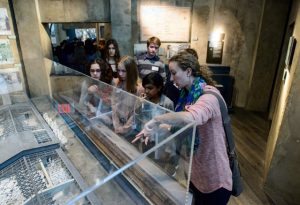 Through this introductory institute, teachers will begin an investigation into the history of the Holocaust (1933-1945). During this intensive, five-day virtual seminar, participants will become familiar with the content area, literacy-based teaching methods, and resources to teach Holocaust history to their students. The course will include primary source readings, use of historical documents, multimedia presentations, guest speakers, and will draw interdisciplinary connections that align with state and national standards.
Through this introductory institute, teachers will begin an investigation into the history of the Holocaust (1933-1945). During this intensive, five-day virtual seminar, participants will become familiar with the content area, literacy-based teaching methods, and resources to teach Holocaust history to their students. The course will include primary source readings, use of historical documents, multimedia presentations, guest speakers, and will draw interdisciplinary connections that align with state and national standards.
Educators will leave a with deeper knowledge of the Holocaust and rich pedagogical resources. The program will enable educators to investigate with their students the ramifications of prejudice, racism, and indifference, and the role of the individual in nurturing and protecting democratic values and human rights.
Full and partial tuition assistance is available.
State Board, District, and ESU Map Resources
The State Board, District, and ESU Map Resources page has been updated with NEW 2021 maps!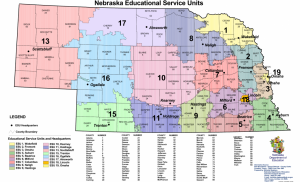
Microsoft Education Center
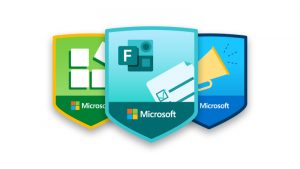
From the Microsoft Education Center website:
Learn with free courses and resources today! Nearly a million courses were completed worldwide over the last month with the Microsoft Educator Center. Bring new skills to your classroom, earn professional development hours, and acquire badges as you confidently implement hybrid learning.
Newspaper Navigator
From the Newspaper Navigator website:
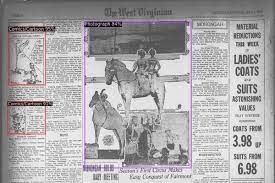 Newspaper Navigator is a project being carried out by Benjamin (Ben) Charles Germain Lee as part of the Innovator in Residence Program at the Library of Congress. The goals of Newspaper Navigator are 1) to extract visual content from 16+ million pages of digitized historic American newspapers in Chronicling America and 2) re-imagine how you, members of the American public, can search the visual content using machine learning techniques. The first phase (extracting the visual content) was completed in April, 2020, and resulted in the full Newspaper Navigator dataset. The second phase of Newspaper Navigator consists of the application that you are currently using! All Newspaper Navigator photos in the app and dataset are in the public domain!
Newspaper Navigator is a project being carried out by Benjamin (Ben) Charles Germain Lee as part of the Innovator in Residence Program at the Library of Congress. The goals of Newspaper Navigator are 1) to extract visual content from 16+ million pages of digitized historic American newspapers in Chronicling America and 2) re-imagine how you, members of the American public, can search the visual content using machine learning techniques. The first phase (extracting the visual content) was completed in April, 2020, and resulted in the full Newspaper Navigator dataset. The second phase of Newspaper Navigator consists of the application that you are currently using! All Newspaper Navigator photos in the app and dataset are in the public domain!
The Geography Teacher
From the Taylor and Francis Online website: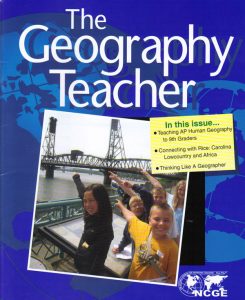
Free access until June 1, 2021
The Geography Teacher provides a forum for educators and scholars to present innovative teaching strategies and essential content for elementary and secondary geography, AP Human Geography, introductory college geography, and preservice methods courses. The journal invites scholarly work in the areas of how students learn and instructors teach by preserving and disseminating research. It is also a forum for discussion of state, national, and international trends in geography education. The journal seeks original manuscripts that contribute to the understanding of issues and topics associated with geography education.
While research manuscripts are accepted, one important aim of the Journal is to provide a forum for those manuscripts that may be outside traditional research formats. Lesson plans and approaches to teaching are of particular interest.
The Critical Social Educator
From the Critical Social Educator website:
 The Critical Social Educator is an open access, peer-reviewed, multidisciplinary journal designed to connect practitioners and researchers interested in critical social education at the elementary level. By critical, we mean an examination of power relations with a focus on injustice and oppression in terms of how these operate within sites of learning as well as efforts to disrupt them. By social education, we mean all experiences through which children learn about the social world and their participation in it. By elementary, we mean educational experiences that include children ages 5-12 and/or prepare adults teaching and learning with this age group.
The Critical Social Educator is an open access, peer-reviewed, multidisciplinary journal designed to connect practitioners and researchers interested in critical social education at the elementary level. By critical, we mean an examination of power relations with a focus on injustice and oppression in terms of how these operate within sites of learning as well as efforts to disrupt them. By social education, we mean all experiences through which children learn about the social world and their participation in it. By elementary, we mean educational experiences that include children ages 5-12 and/or prepare adults teaching and learning with this age group.
The journal aims to provide a space for researchers and practitioners to be in dialogue about the possibilities and challenges of critical social education at the elementary level.
Personal Finance Institute

PERSONAL FINANCE INSTITUTE– REGISTER NOW!
July 13-15, 2021
Due to the success of previous Institutes, we are again offering the Personal Finance Institute.
Are you a new/newer teacher? Are you a seasoned teacher wanting to refresh and sharpen your skills? Do you teach Personal Finance? Would you like to earn financial education industry certification? Are you interested in revising an existing Personal Finance course to add more rigor? If so, consider attending Nebraska’s Personal Finance Institute, to be held at the University of Nebraska-Omaha July 13, 14, and 15, 2021.
K-12 teacher participants will each receive a $300 honorarium. Meals are included but participants must pay for their own lodging. A room block is reserved at the Aksarben Courtyard Marriott for those who wish to stay overnight. To be eligible to receive the $300 honorarium, attendees must participate in all aspects of the Institute, including pre-work, evening meals and W!se certification pretest and exam.
The Personal Finance Institute is limited to the first 30 completed registrations. To register you must complete the online Personal Finance Institute application and submit your $100 refundable deposit. Your check will be held and returned to you the final day of the Institute.
Prior to the Institute, participants are required to spend a minimum of 20 hours in Institute pre-work. We will utilize NextGen Personal Finance (https://ngpf.org) on-demand professional development modules for this purpose. More details will be provided at a later date. Prior to beginning the Institute pre-work, participants will take a 1-hour proctored certification pretest from their own device at home/school. In the registration link, you will choose the pretest date/time from the following:
- Saturday, April 17 at 8am
- Sunday, May 2 at 3pm
- Saturday, May 8 at 8am
- Wednesday, May 12 at 6pm
Any Nebraska middle school, secondary and/or 2- or 4-year college educator who intends to implement personal finance into their curriculum is eligible for the Personal Finance Institute. Those participating in the Institute should understand that they are responsible for paying their tuition, if choosing to take for credit, prior to the Institute. Off-site lodging is your own responsibility, although a discounted housing block will be established. Only K-12 teachers are eligible for the honorarium.
At the end of the training, teachers are required to take the W!SE financial literacy certification exam. Passing or failing this literacy certification exam will not affect the course grade. However, being able to add an industry certification to your teaching resume is a valuable aspect of professional development!
Earn Graduate Credit
The Personal Finance Institute will be offered as an optional 3-hour graduate credit on-campus course from July 13-15, 2021. Participants can sign up for optional graduate credit (3 credits—ECON 8050: Economic Education) through UNO. To do so participants will need to create an account. Applications are now open for Summer with a July 1st registration deadline for credit. Participants are responsible for all tuition and fees.
Note that if you are using ECON 8050 to complete the Certificate in Economic Education please reach out to Dr. Jamie Wagner (jfwagner@unomaha.edu) prior to enrolling in the course for additional information.
Create account: https://www.applyweb.com/unograd/index.ftl
Program selection: Graduate non-degree summer 2021
Applications open now for Summer 2021 and deadline is July 1st.
Application fee: $25
No prerequisites in economics required.
Participants are required to attend the entire on-campus training sessions, including evening meals, for the 3 days of the Institute, plus take the literacy certification exam. The Institute will run approximately from 8:30 am each day and conclude around 7:30 pm on Tuesday and Wednesday, and 4 pm on Thursday. Your registration indicates your commitment to fully attend and participate in the Personal Finance Institute.
Participants should bring a laptop for use throughout the Institute. Dress is business casual. Rooms can be chilly – please bring a sweater or jacket.
If you have any questions, please contact:
- Dr. Jamie Wagner, Director, UNO Center for Economic Education, jfwagner@unomaha.edu
- Dr. Jennifer Davidson, President, NCEE, jdavidson2@unl.edu
- Mary Janssen, Career Field Specialist, NDE, mary.janssen@nebraska.gov
Becky Barnard | Council Coordinator | Nebraska Council on Economic Education | University of Nebraska–Lincoln | Hawks Hall 525 C, 730 N. 14th Street, Lincoln, NE 68588-0404 | 402-472-2333| nebraskacouncil.unl.edu |
Gallup Strengths: Positivity, Developer, Empathy, Connectedness, Harmony
Open Textbook Library
From the Open Textbook Library website:
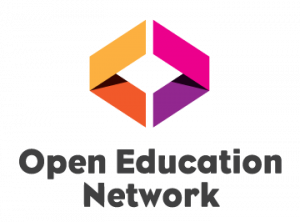 Textbooks in the Open Textbook Library are considered open because they are free to use and distribute, and are licensed to be freely adapted or changed with proper attribution.
Textbooks in the Open Textbook Library are considered open because they are free to use and distribute, and are licensed to be freely adapted or changed with proper attribution.
Open textbooks are licensed by authors and publishers to be freely used and adapted. Download, edit and distribute them at no cost.
The Open Textbook Library is supported by the Open Education Network.
Resources to Respond to Tragedy and Violence
From the IllinoisCivics.org website: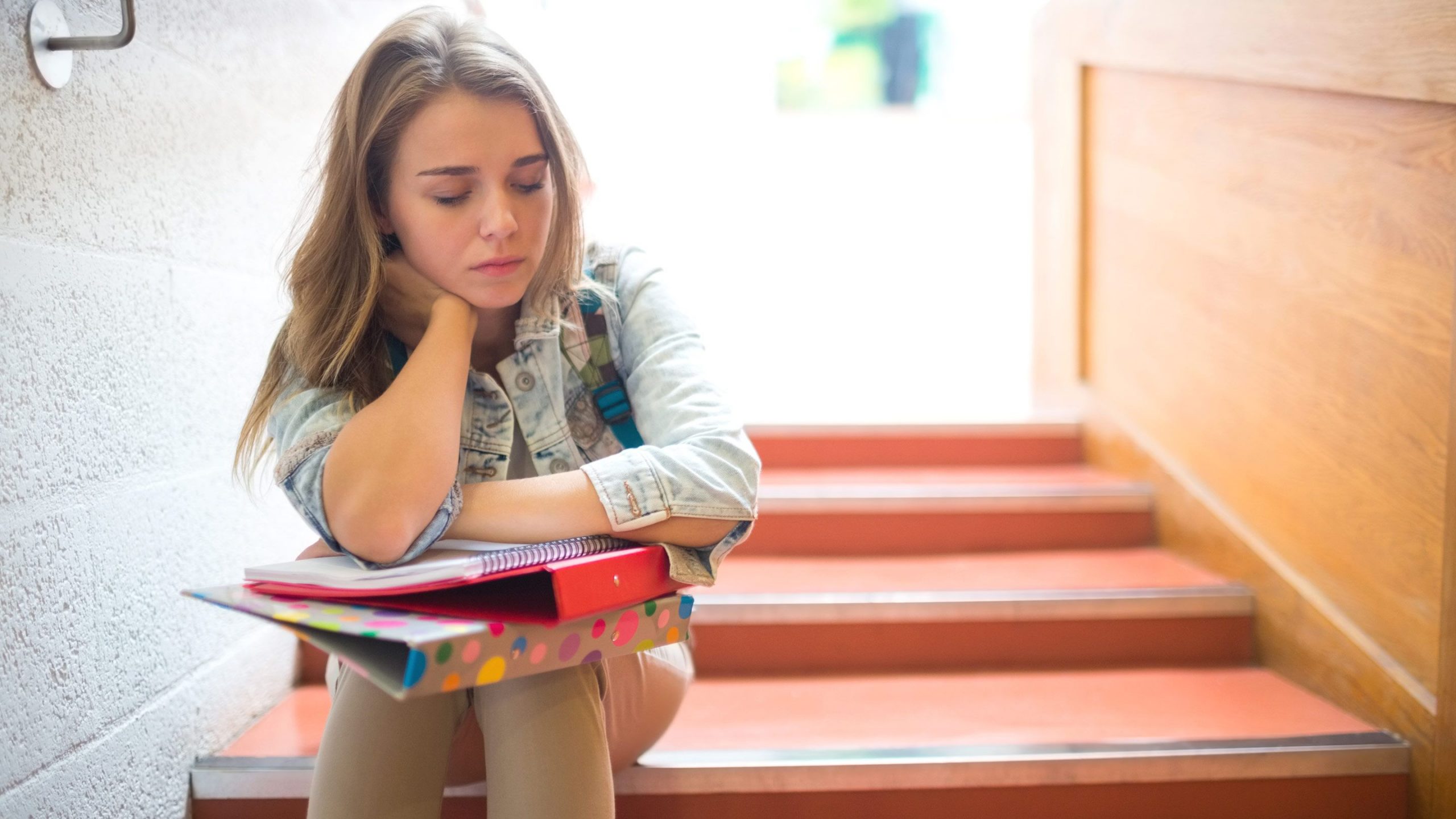
All educators are civics teachers. Teachers send messages to students about power, justice, and representation by the content we select, the way we engage student voice, the norms we employ, and the stories included in our classroom. We have a responsibility to prioritize our students’ lived experiences, putting Maslow before Bloom, to inform the essential questions we address in our curriculum. When violence or tragedy occurs, classrooms provide a safe venue for students to process, ask questions and be given context to understand current events as they happen.
While current events unfold, it is not the time to debate policy. Educators will not have all of the answers to the questions students pose. Teachers can create a classroom space where we can be present, listen, and create a safe environment for our students to do the same.
We are so excited to thank Nebraska teachers for all they have done for students this year!


